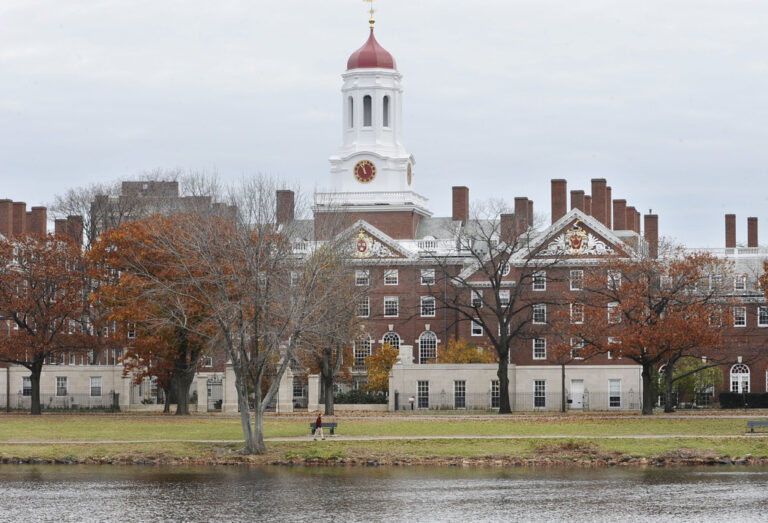 A federal judge in Washington has sided against Russia in a dispute over the return of thousands of religious books, manuscripts and rabbinical teachings that remain overseas.
A federal judge in Washington has sided against Russia in a dispute over the return of thousands of religious books, manuscripts and rabbinical teachings that remain overseas.
The Chabad-Lubavitch sect sued the Russian Federation in the U.S. District Court for the District of Columbia to recover some 12,000 books and manuscripts seized during the Bolshevik Revolution and Russian Civil War, and 25,000 pages of handwritten teachings and writings of Chabad religious leaders that Nazi Germany seized during the 1941 invasion of Poland.
The Russian Federation’s lawyers at Squire, Sanders & Dempsey withdrew their representation last year, and the defendants announced the federation would no longer participate in the suit. The federation said it would not find an order of the court binding.
Chief Judge Royce Lamberth on July 30 issued a default judgment against Russia. The opinion was posted in the court file today.
Lamberth ordered Russia to surrender to the U.S. embassy in Moscow the complete collection of religious books, manuscripts and documents in question that are being held by the Russian State Library and the Russian State Military Archive.
Russia was also ordered to provide “whatever security and authorization is needed to insure prompt and safe transportation” of the library and the archive to a destination that the plaintiffs choose.
The judge wants the plaintiffs, represented by Nathan Lewin of Washington’s Lewin & Lewin, to report back to the court in 30 days on the progress of securing the return of the religious material.
Lewin said today the plaintiffs are prepared to move forward in federal district court to compel Russia to comply with the terms of Lamberth’s order.
“Russia walked off the court, and it can’t do that,” Lewin said. He said the plaintiffs could decide to pursue civil contempt or put financial pressure on Russia by targeting Russian assets in the United States.
A team from Bingham McCutchen that also represented the chabad issued a statement this afternoon that said in part:
“This victory is a triumph for justice for the Jewish people and others who abhor the Nazi and Soviet exploitation of victims of genocide, and the unlawful and immoral suppression of religious faith by the current Russian government,” said Bingham McCutchen Seth Gerber, a trial lawyer in the firm’s Los Angeles office.
(Source: Legal Times)











One Response
Generally, foreign countries don’t get sued in other countries courts. To get the property back, Chabad should have sued in a Russian court. My suing in an American court, they only annoyed the Russians. They probably would be better off negotiating to have one of several Judaica libraries in Russia take custody since the Russians are not likely to confiscated property to leave the country since the precedent would jeapordize other potential war compensation claims.